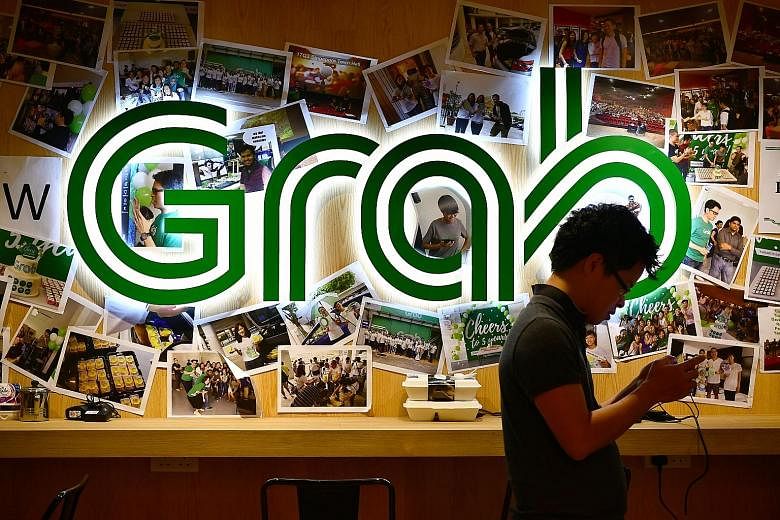With the recently announced plans for Uber to merge with Grab, the private-car ride-hailing industry in Singapore and South-east Asia looks set to undergo a massive structural overhaul of tectonic proportions.
What is currently a duopoly in Singapore - assuming that Grab and Uber do not operate in the same market as taxi companies and other public transportation providers - will be transformed into a monopoly if the merger is allowed to proceed by the Competition Commission of Singapore.
Already a subscriber? Log in
Read the full story and more at $9.90/month
Get exclusive reports and insights with more than 500 subscriber-only articles every month
ST One Digital
$9.90/month
No contract
ST app access on 1 mobile device
Unlock these benefits
All subscriber-only content on ST app and straitstimes.com
Easy access any time via ST app on 1 mobile device
E-paper with 2-week archive so you won't miss out on content that matters to you

